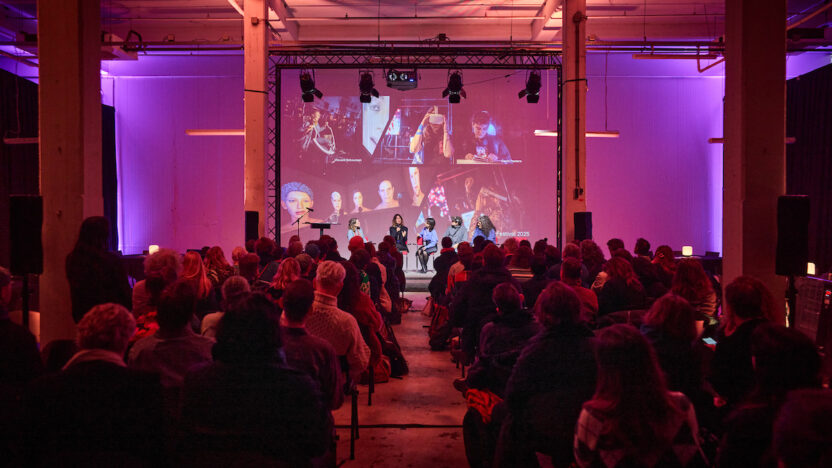“Children’s films can hold up a mirror to adults”: filmmaker Idriss Nabil on his participation in the education programme at IFFR 2025
Film education is an essential part of IFFR’s annual programme, in which children and young people discover the world of film. Last edition, filmmaker Idriss Nabil was a guest with his tender youth film Moustache. We spoke to the filmmaker about how the conversations his film inspired with young people at IFFR reminded him exactly why he became a filmmaker.
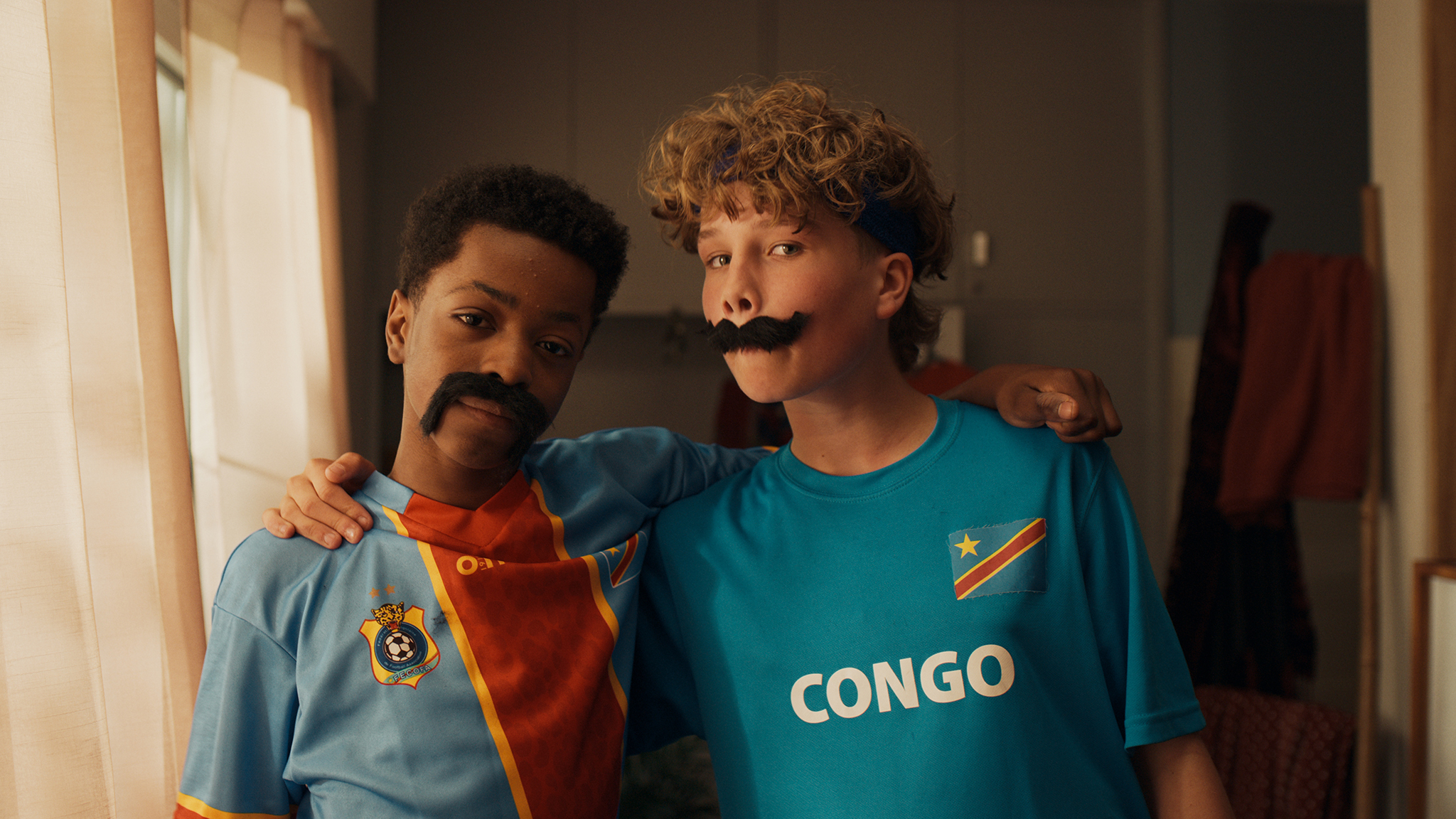
Looking back on the early career of actor and director Idriss Nabil (1995), his penchant for films that foreground youth is immediately apparent. In the three short films he has made so far, he zooms in on the lives of young teenagers, without shying away from heavy themes. Treating adult themes in a youthful way is characteristic of Nabil’s filmography and working method. “From a child’s perspective, we learn to look at the world differently,” he says. “There is so much to learn from children: from the way they observe their surroundings with an open mind, to how they question things from the heart and not from the head.”
“They question things from the heart and not from the head.”
A good example of this can be found in Nabil’s short film This Is Your Captain Speaking (2022), in which ten-year-old Asare decides to adopt his music teacher to prevent him from being deported. Ghana-born Asare wonders why, as an adopted child, he is allowed to stay in the Netherlands, but his teacher, who is also from Ghana, is not. “The adults in the film then try to explain this to him,” says Nabil. “And that leads to interesting dialogues about freedom of movement and inequality. Adults are often stuck in patterns of thinking without questioning them. We have become so accustomed to the fact that a passport determines which part of the world you are allowed to walk in. But a child does not understand these things and rightly questions them. For me, making a children’s film is also a way of holding up a mirror to adults.”
Nabil’s most recent work, the tender and subtle coming-of-age film Moustache, was screened during IFFR 2025 as part of the education programme. In the film, we follow eleven-year-old Dalou and his girlfriend Coco, who each struggle in their own way with an absent father. It is a personal subject for Nabil, who himself grew up without a father.
“Everyone realises that it’s not actually that scary to talk about these kinds of themes.”
The short film was screened to schoolchildren as part of a full programme that welcomed 7,570 students last edition. They were then given the opportunity to discuss the film with each other and the director. “Those conversations at IFFR were so valuable. Seeing how the children reacted to the film, I understood exactly why I wanted to make Moustache. The film is about daring to be vulnerable, about daring to show what’s bothering you. And I think that when you’re presented with something like that as a child and there’s also room for a follow-up discussion with the whole class, you realise that you’re not alone. It certainly takes a while to get going, but as soon as those first fingers go up, everyone realises that it’s not actually that scary to talk about these kinds of themes.”
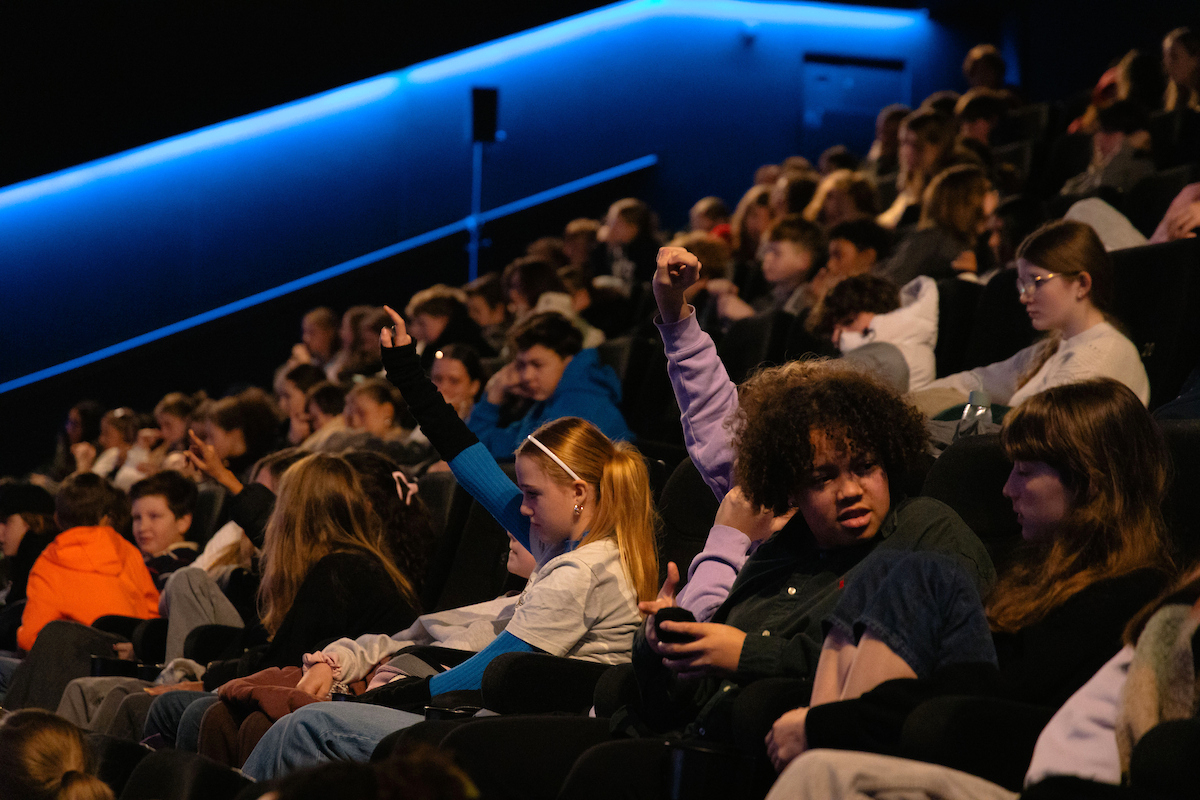
Nabil experienced the power and impact of a good children’s film when he saw In Oranje (2004) with his mother as a child. Like Remco, the young protagonist in that film, Nabil was also a talented footballer who was scouted by the KNVB. And like Remco, Nabil also lost his father at a young age. “I will never forget that film experience,” he says. “I broke into a thousand pieces because I suddenly saw myself walking there in that film. In Oranje allowed me to share a very special moment with my mother and gave me access to emotions that I had not allowed myself to feel for a long time. That is what film can do.”
“That’s when I really thought: this is why I do it.”
At IFFR, many of the children who saw Moustache during the education programme had similar reactions. “I got a message from a teacher who told me that, as a result of the film, she had had a very open conversation with her class about grief. That’s when I really thought: this is why I do it. The educational programme was very valuable to me as a filmmaker, because I could see what my film does to an audience.
When you make films, you often end up in a kind of bubble. During editing, you watch the film so often that it becomes more of a construct than a story. You don’t always realise who will ultimately see the film. So it’s great to stand in front of a packed auditorium of schoolchildren and see that your film really does have an impact. If just a few children have the same experience with my films as I had with In Oranje, then my mission is accomplished.”
– by Cas Hoekstra
A list with articles
-
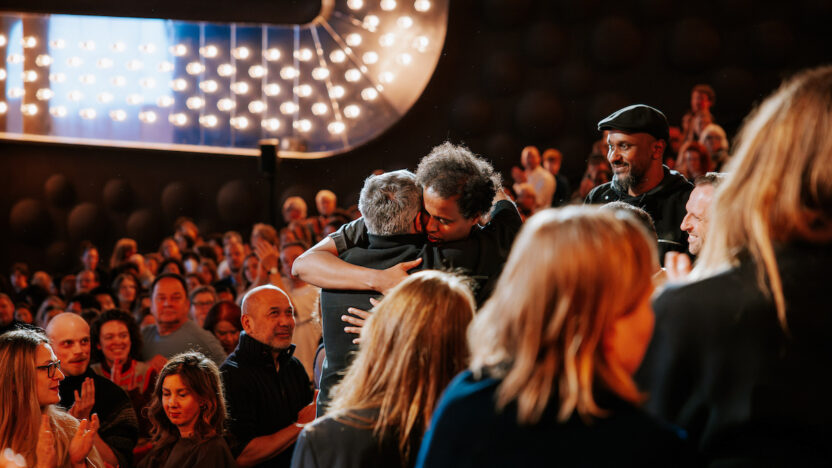
IFFR closes its 55th edition celebrating an uptick in new, younger audiences and industry attendees
Published on:-
News
-
Press release
-
-
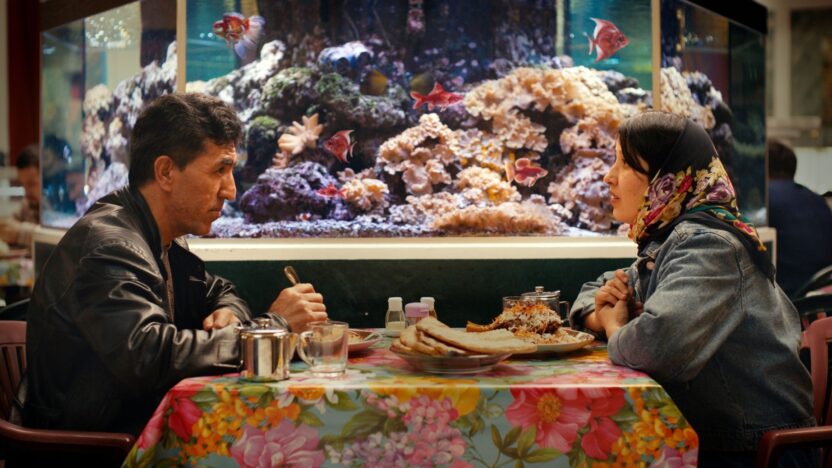
Shahrbanoo Sadat’s No Good Men opens Berlinale 2026 among strong HBF and CineMart lineup
Published on:-
CineMart
-
Hubert Bals Fund
-
IFFR Pro
-
-

